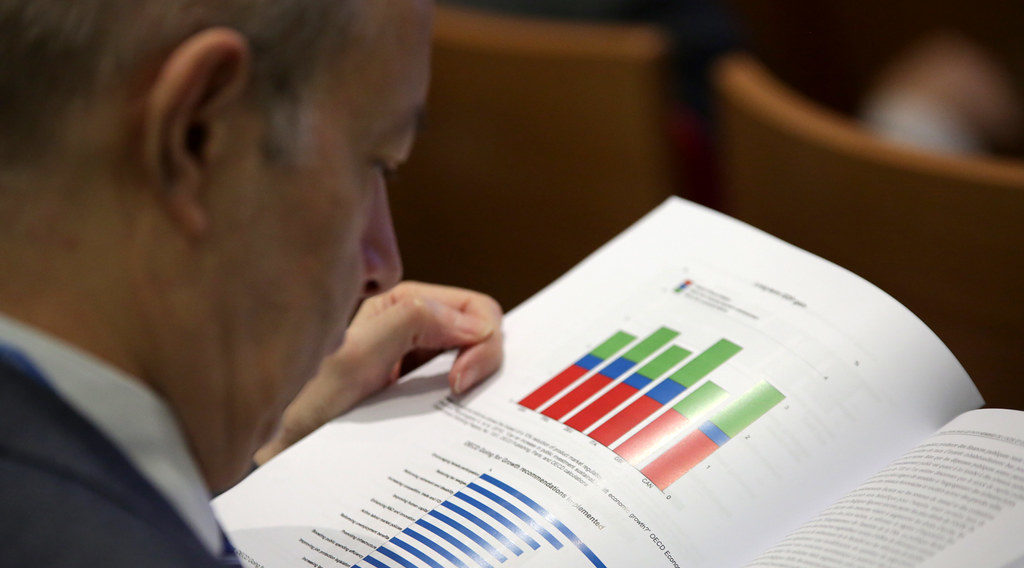
The internet has been a significant contributing factor to globalisation over the past couple of decades, notably leading to the creation of tech giants such as Google, Apple, Facebook and Amazon. Although many of these companies are based in Silicon Valley, their customers and users live all over the world. One of the issues which has grown more prominent as a result of the international nature of Big Tech is tax avoidance. Profits are routinely shifted by international corporations (not just those in the tech sector) to low-tax jurisdictions in an effort to minimise tax liabilities – a practice known as Base Erosion and Profit Shifting (BEPS). The dilemma is that companies arguably owe a duty to their shareholders to maximise profits, and minimising tax liabilities by shifting profits is a valid legal tool. On the other hand, opponents claim that the use of tax havens is unethical and unfair to the customers who live in countries which impose higher taxes.
GAFA tax
Various measures have been taken over the past few years in an effort by governments to clamp down on BEPS. We previously reported on a digital services tax which was implemented in France towards the end of 2019, which levies a 3 per cent tax on digital services gross revenue made in France by companies with total worldwide revenues in excess of €750 million where at least €25 million is generated in France. This tax was dubbed the “GAFA tax” since four of the primary intended targets were Google, Apple, Facebook, and Amazon. A year later the UK introduced its own digital services tax which places a “2 per cent tax on the revenues of search engines, social media services and online marketplaces which derive value from UK users.”
Meanwhile, the Organisation for Economic Co-operation and Development (OECD) has been working for several years on plans for a similar taxation scheme to ensure that all highly profitable Multinational Enterprises (MNEs) “pay tax wherever they have significant consumer-facing activities and generate their profits.”
OECD statement
On 1 July 2021, the OECD issued a statement that 130 countries and jurisdictions, representing more than 90 per cent of global GDP, have joined a new two-pillar plan to “reform international taxation rules and ensure that multinational enterprises pay a fair share of tax wherever they operate.” Known as BEPS 2.0, this international agreement essentially provides a framework for international tax unification in order to reduce tax avoidance through profit shifting. Signatories include some traditional tax havens such as Gibraltar and the Cayman Islands. The two pillars involve:
Pillar 1
This targets the largest MNEs, initially with a global turnover above 20 billion euros and profitability above 10 per cent. These companies will be required to pay taxes in markets where they have business profits, regardless of whether they have a physical presence in these countries.
Financial services and natural resources companies will be exempt from the first pillar.
Pillar 2
The second pillar of the OECD plan aims to eliminate BEPS by introducing a global minimum corporate tax rate of 15 per cent which covers any MNEs with a global turnover of more than 750 million euros. This is known as the GLobal Anti-Base-Erosion (“GLOBE”) measure.
Will it work?
OECD Secretary-General Mathias Cormann conceded that there are some remaining challenges:
“This package does not eliminate tax competition, as it should not, but it does set multilaterally agreed limitations on it. It also accommodates the various interests across the negotiating table, including those of small economies and developing jurisdictions. It is in everyone’s interest that we reach a final agreement among all Inclusive Framework Members as scheduled later this year”.
Significant markets have refused to sign up thus far, including Ireland which has a headline corporate tax rate of 12.5 per cent and serves as the European HQ of several MNEs. Ireland has launched a public consultation on the plans in which it states its reservations about pillar 2, specifically the minimum rate of 15 per cent taxation.
What should lawyers be advising their clients?
There is currently an October 2021 deadline for finalising the details of the two-pillar plan, with implementation not expected until 2023. This means that lawyers still have plenty of time to help formulate a plan of action with their clients.
One of the initial challenges will be tackling the potential for double taxation, eg as a result of the existing digital services tax. The OECD statement notes that the final measures will “provide for appropriate coordination between the application of the new international tax rules and the removal of all Digital Service Taxes and other relevant similar measures on all companies.” But the transition could prove bumpy, so it will be important for lawyers to keep an eye on developments over the next few months.
Some companies might consider the potential for shifting profits to countries which refuse to sign up to the forthcoming OECD rules, as a way of continuing to minimise their tax liabilities. But it will be important for legal counsel to help clients weigh up the reputational costs of seeking out any such tax loopholes compared to paying a higher rate of tax under the new agreement.
Further reading
Pinsent Masons: Telecoms, tech and a changing relationship with tax
KPMG: OECD/G20 Inclusive Framework agreement on BEPS 2.0
OECD: Tax Challenges Arising from Digitalisation
Alex Heshmaty is technology editor for the Newsletter. He runs Legal Words, a legal copywriting agency based in the Silicon Gorge. Email alex@legalwords.co.uk. LinkedIn alexheshmaty.
Image cc by OECD on Flickr.
One thought on “Big tech, small tax: time to pay?”
Comments are closed.